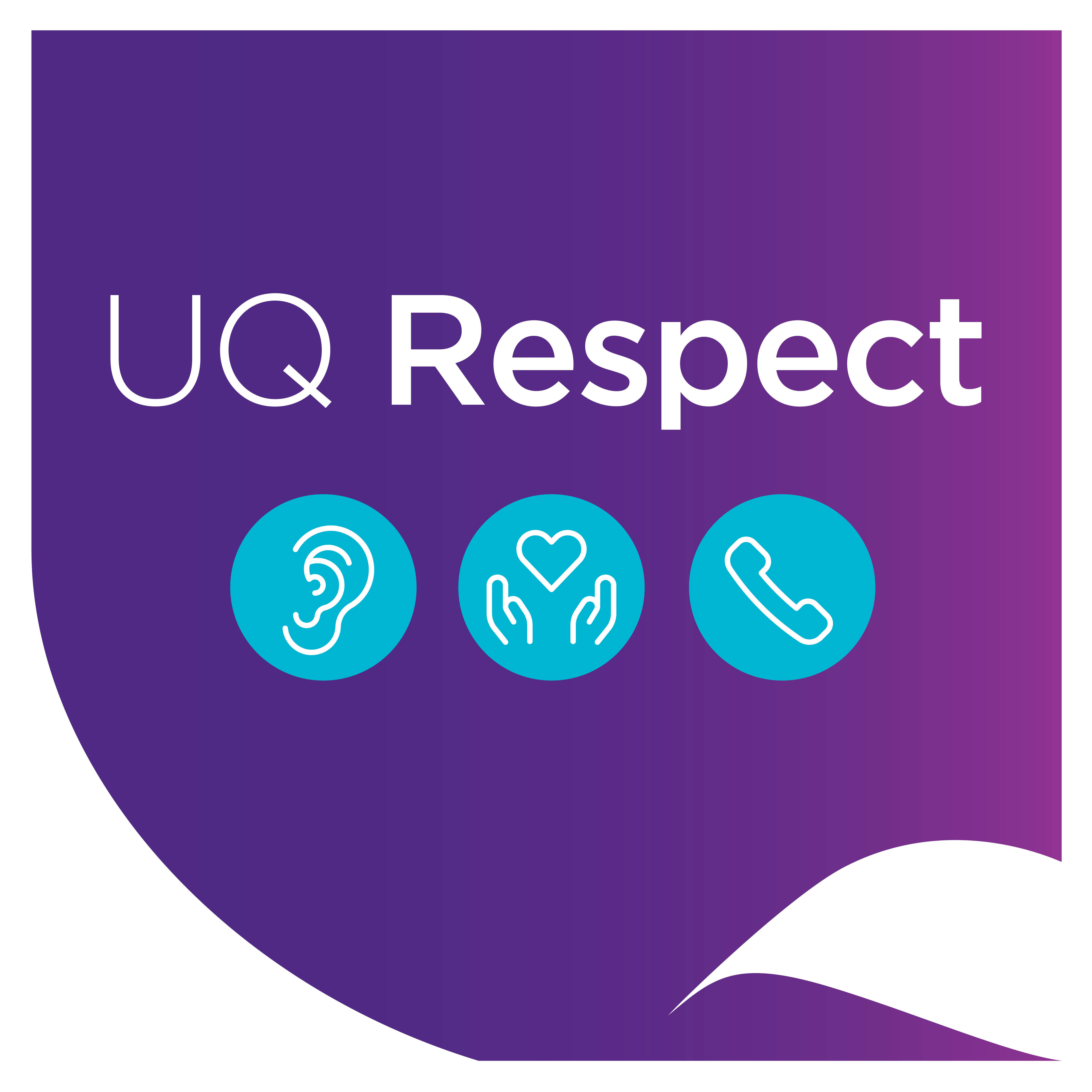Help a survivor (Listen, Support, Refer)
When someone experiences sexual assault or harassment, the people they choose to talk to about it play a vital role.
Some survivors wish to disclose their experience while other survivors choose to disassociate from the experience and avoid recognition or engagement with the topic. All of these reactions are normal and it’s important to support a survivor in making choices that feel comfortable to them.
It can be difficult to know how to respond and you may be unsure about how to help. Read the steps below or download our guide (PDF, 1.1 MB) to make sure that your response is non-judgemental, compassionate and supportive.
1. Listen
The experience and impact of sexual assault and misconduct is personal, traumatic and different for everyone. As a supporter, you should provide a safe and supportive environment for the individual to tell their story.
Make sure you don’t
- interrupt them
- ask "why" questions as these can be interpreted as blame
- Why were you walking alone?
- Why were you wearing that?
- Why did you go see them?
- talk about your own experiences. It’s important that they feel their story has been heard and that you aren’t passing judgement on their experience
Show that you are listening by
- giving the speaker your full attention
- ignoring external interruptions
- nodding occasionally to show understanding and support
- encouraging the speaker with small verbal supports such as "yes" and "I understand"
Need emergency support?
If you are experiencing an emergency or need urgent support in relation to an experience of sexual assault or harassment, then you can call:
- +61 7 3365 3333 UQ Security for on campus emergencies
- 000 for immediate police or ambulance assistance
- 1800 Respect 1800 737 732 for 24/7 counselling support
- Sexual Assault Response Team (SART) 07 3646 5207 for 24/7 Acute Response
- External community support options in Queensland

